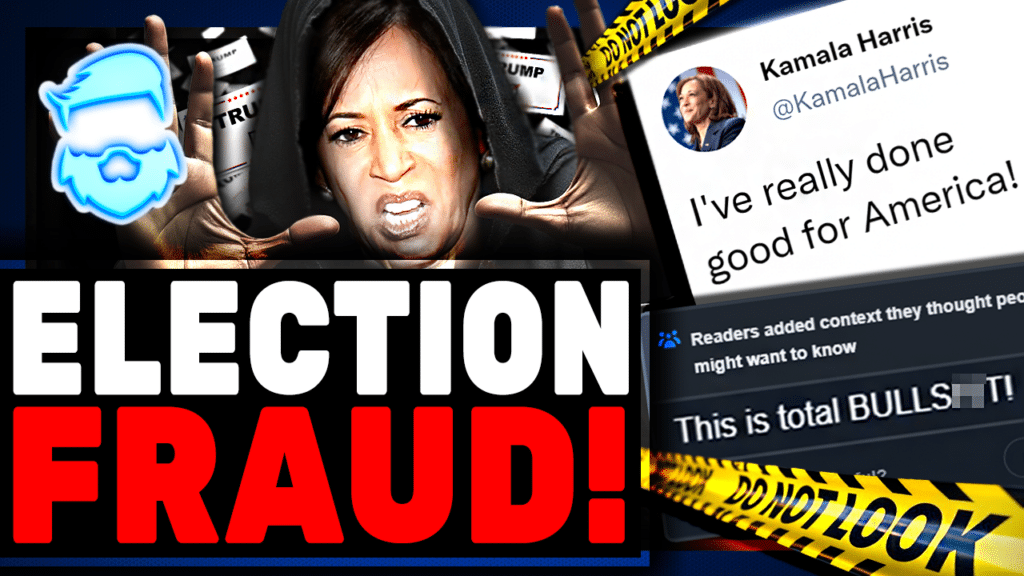Twitter, a tool of choice for dissidents and activists around the world, found itself the target of global outrage Friday after unveiling plans to allow country-specific censorship of tweets that might break local laws.
It was a stunning role reversal for a youthful company that prides itself in promoting unfettered expression, 140 characters at a time. Twitter insisted its commitment to free speech remains firm, and sought to explain the nuances of its policy, while critics – in a barrage of tweets – proposed a Twitter boycott and demanded the censorship initiative be scrapped.
“This is very bad news,” tweeted Egyptian activist Mahmoud Salem, who operates under the name Sandmonkey. Later, he wrote, “Is it safe to say that (hash)Twitter is selling us out?”
In China, where activists have embraced Twitter even though it’s blocked inside the country, artist and activist Ai Weiwei tweeted in response to the news: “If Twitter censors, I’ll stop tweeting.”
One often-relayed tweet bore the headline of a Forbes magazine technology blog item: “Twitter Commits Social Suicide”
San Francisco-based Twitter, founded in 2006, depicted the new system as a step forward. Previously, when Twitter erased a tweet, it vanished throughout the world. Under the new policy, a tweet breaking a law in one country can be taken down there and still be seen elsewhere.
Twitter said it will post a censorship notice whenever a tweet is removed and will post the removal requests it receives from governments, companies and individuals at the website chillingeffects.org.

















